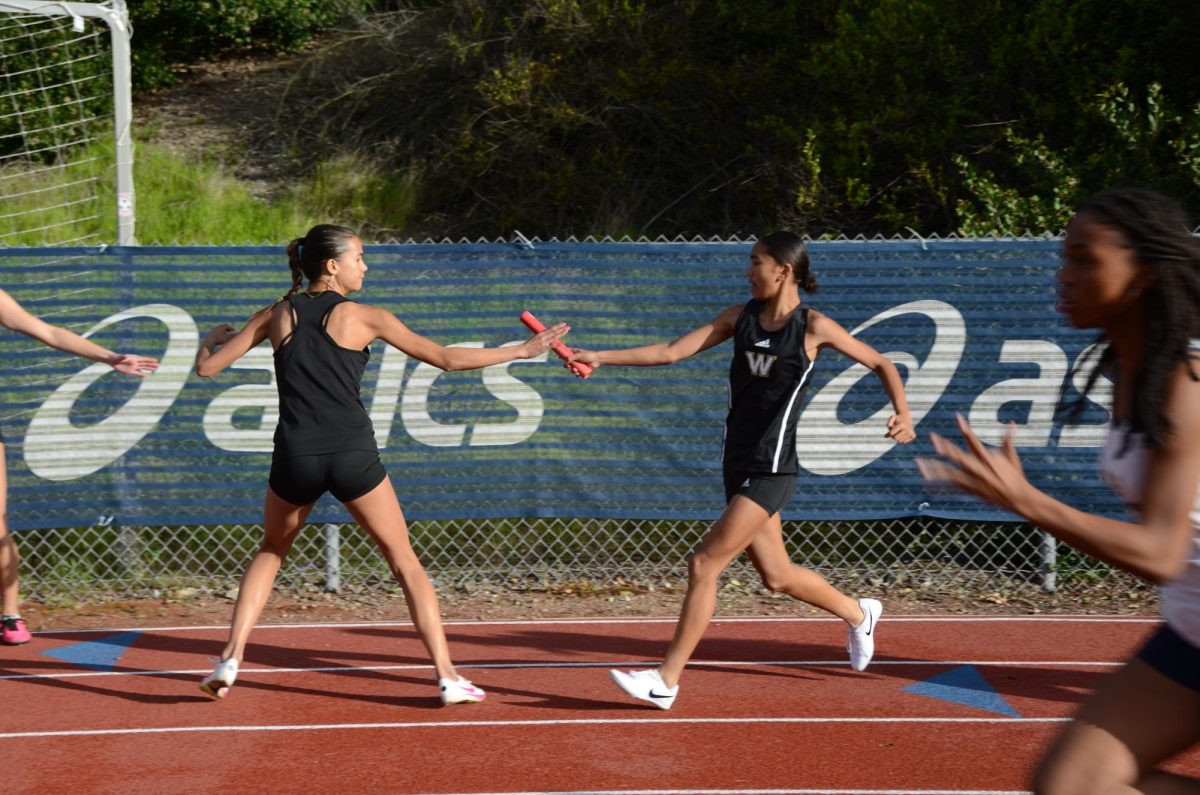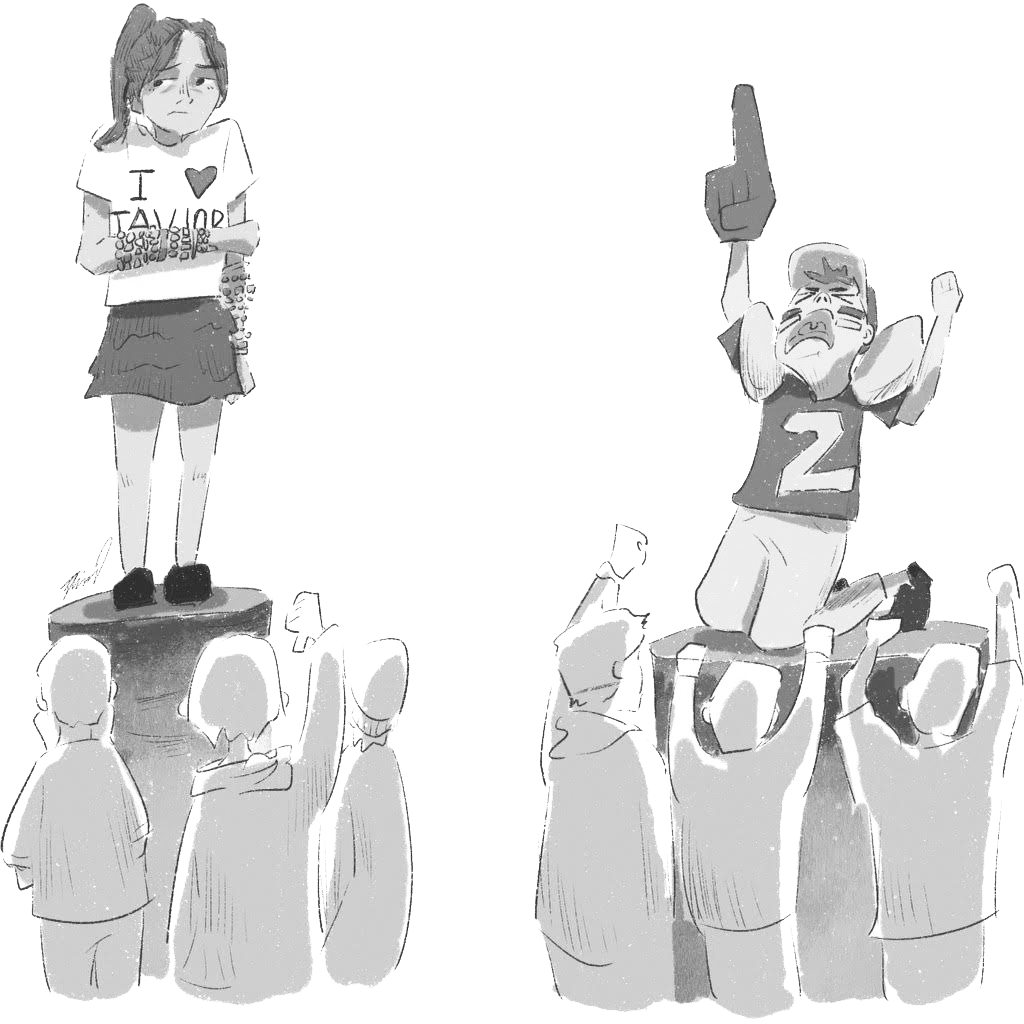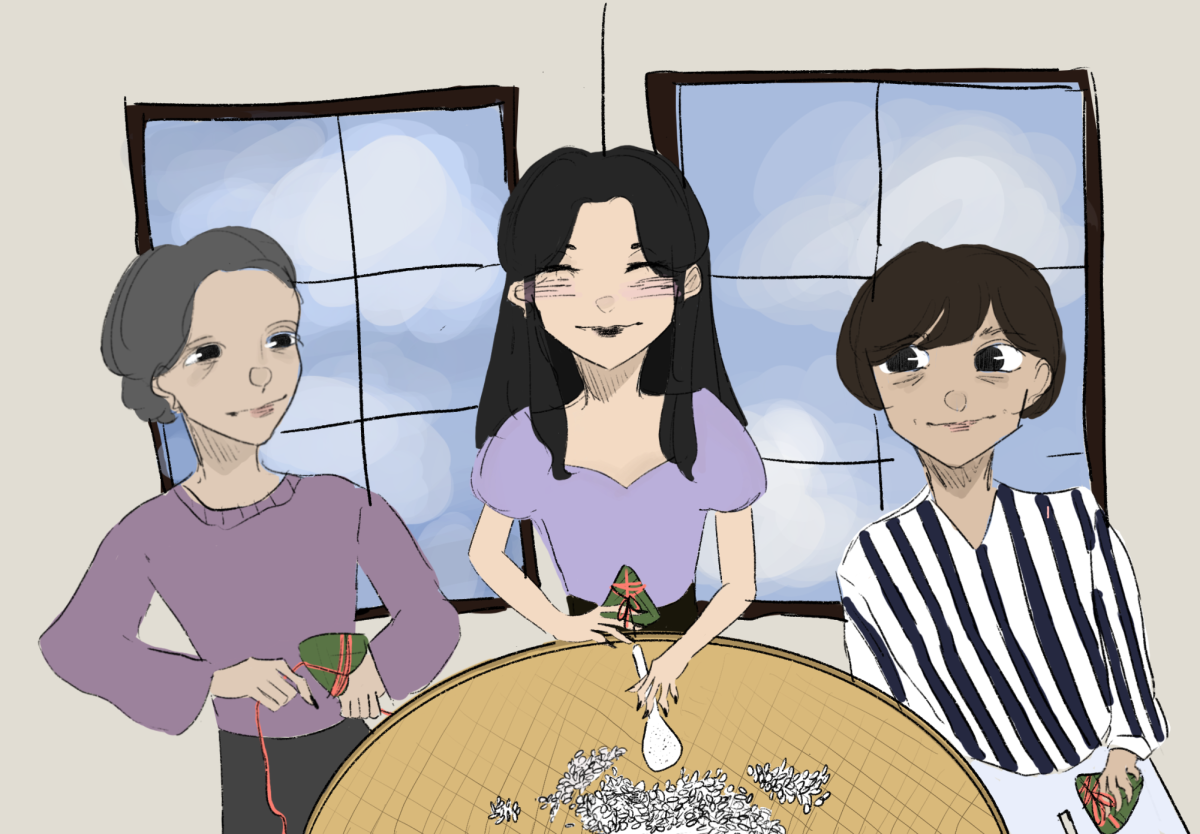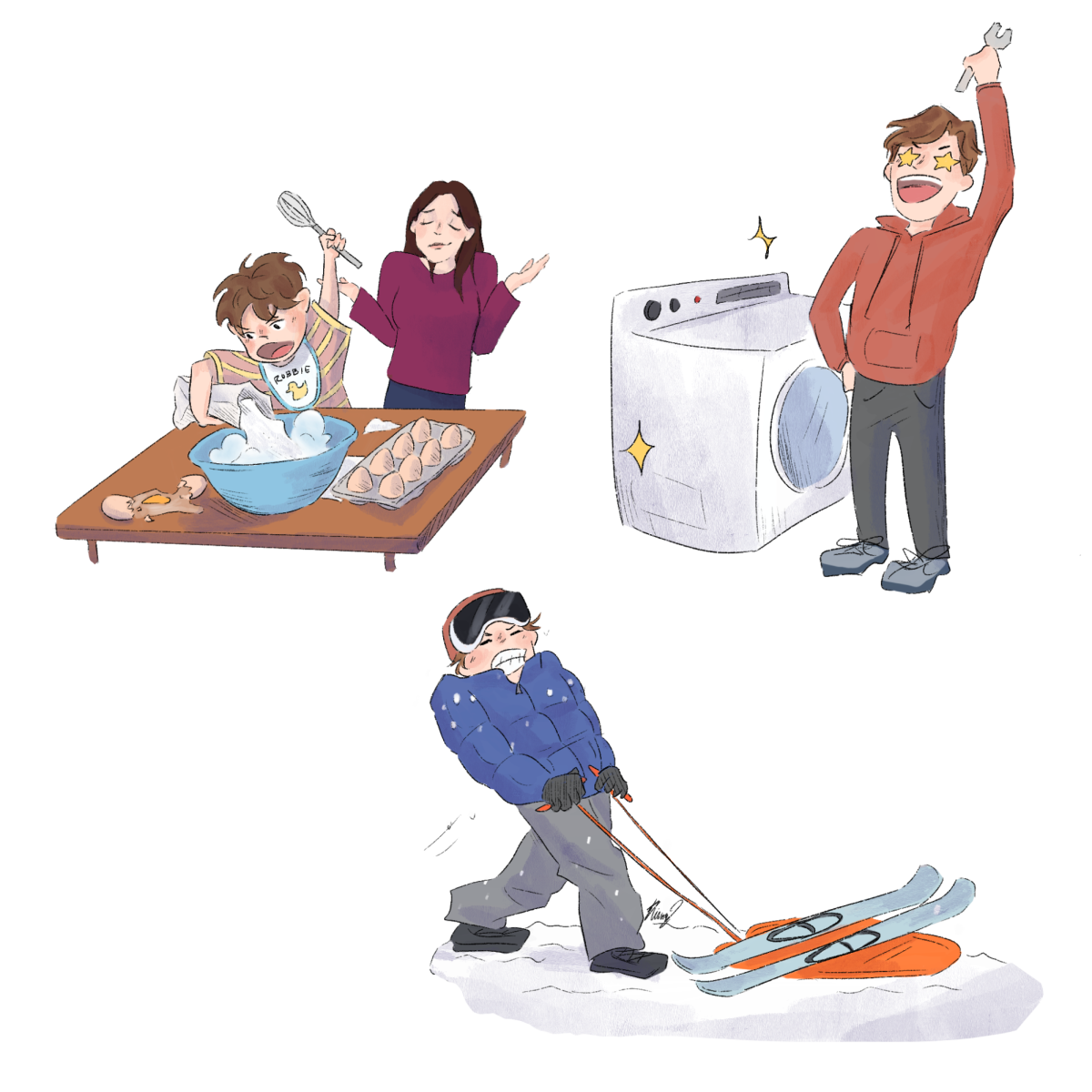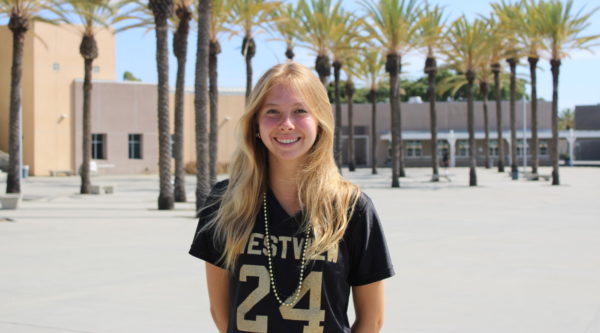My friend group has been around since the summer before junior year, and a year and a half later, there are so many terms and references that we’ve coined that they’ve become ingrained in the very essence of our friend group’s language.
I’ve always been interested in linguistics, and how prolonged exposure to a group of people changes the way you talk. Take Antarctican English: it’s a dialect of English created by researchers living in Antarctica, who, because of their isolation, created their own linguistically independent dialect. It features changes in vocal phonetics, where vowels are pronounced differently, and the invention of words like “smoko,” which translates to “tea time.”
In a more common setting, linguist Cynthia Gordon’s book, “Making Meanings, Creating Family” examines what she called a “familect.” Essentially, it’s the intimate form of communication a family makes, based on words a family might adopt from a young child’s babble or from slips of the tongue.
To borrow Gordon’s theory, my friend group’s “friendilect” impacts the way we interact with each other. I mean, specifically, our unique slang and inside jokes that have deepened to be words and references we make on a daily basis. Nicknames like “Pooh” and “Boobescent” have completely replaced my friend’s names, and terms like “mobz” (the Circle K on the way to school) or “the sac” (the cul-de-sac two of my best friends live on) always require some backstory. My friends have taken to turning s-sounds into a resounding “th,” and we used to insert “be” in front of every verb.
Language is a critical pillar of the human race, and our ability to communicate effectively with each other is advantageous to our survival. Dialects allow people to “fit in” with the people around them, which effectively breeds acceptance in the hierarchical social setting we are all members of. Psychologically speaking, using words that only a select group understands develops intimacy. The informal nature of slang allows us to feel more welcomed in a casual setting, hence words like “bro.” I may not get the humor of the Antarcticans “smoko,” but it’s effective for speakers.
These “friendilects” are integral to our relationships and become muscle memory. I love hearing the slang that different friend groups use, which I can then adopt into my own lingo. Expressions like “crashout,” “haterade,” “trim,” and “on granny,” don’t make much sense semantically (unless you check Urban Dictionary), but in context they can emphasize other, normal, words and promote social understanding.
Our slang is related to all factors related to our identity, like age, gender, race, geological position, which influences how the words we learn help us to feel included in one group, but maybe not another.
An ever-growing digital presence allows a common understanding of slang, breeding connectivity. “Slay,” “rizz,” “dude,” “queen,” “ate down” are terms that didn’t have the same meaning as they did a decade ago. Our references to social media memes (bring back Vine!), songs, and television shows allow us to feel included and part of a greater whole.
My mom’s generation used expressions like, “gag me with a spoon,” or “what’s the skinny?” which have become all but obsolete today. My brother and I regularly code-switch in front of my parents, and we can have an entire conversation without them having any idea what we’re talking about (What mom is up to date on drag race jokes?).
Oftentimes, speech patterns are regional, like how Californians don’t pronounce the “t” in Sacramento, say “no, yea” to mean “yes,” and drop into a vocal fry to create the infamous Valley Girl accent. Slang rapidly shifts in meaning and use, like how the term “y’all” is more closely associated with the American south, but is now gaining popularity in other regions for its ability to address a gender-neutral group.
Moreover, slang from one group can permeate a broader population, unintentionally influencing the way a general population speaks. African American Vernacular English (AAVE) has left a deep linguistic fingerprint in our daily speech. Words like “bad” (meaning good or attractive), “bae,” “pookie,” “lit,” or “woke” all have African American roots, proving how black culture reaches deeply into America’s history even in the most unsuspecting of places. Drag culture has given meaning to terms like “face beat,” addressing blending/doing your makeup, “gagged,” for surprised, or “throwing shade” for expressing contempt.
At any rate, our slang and familects help us connect and feel like we belong. This shared humor and understanding is just one more way of understanding our humanity and social nature. The next time you hang out with your friends, listen to your conversation, and you’ll hear the voices of people all over echoing through your slang.


